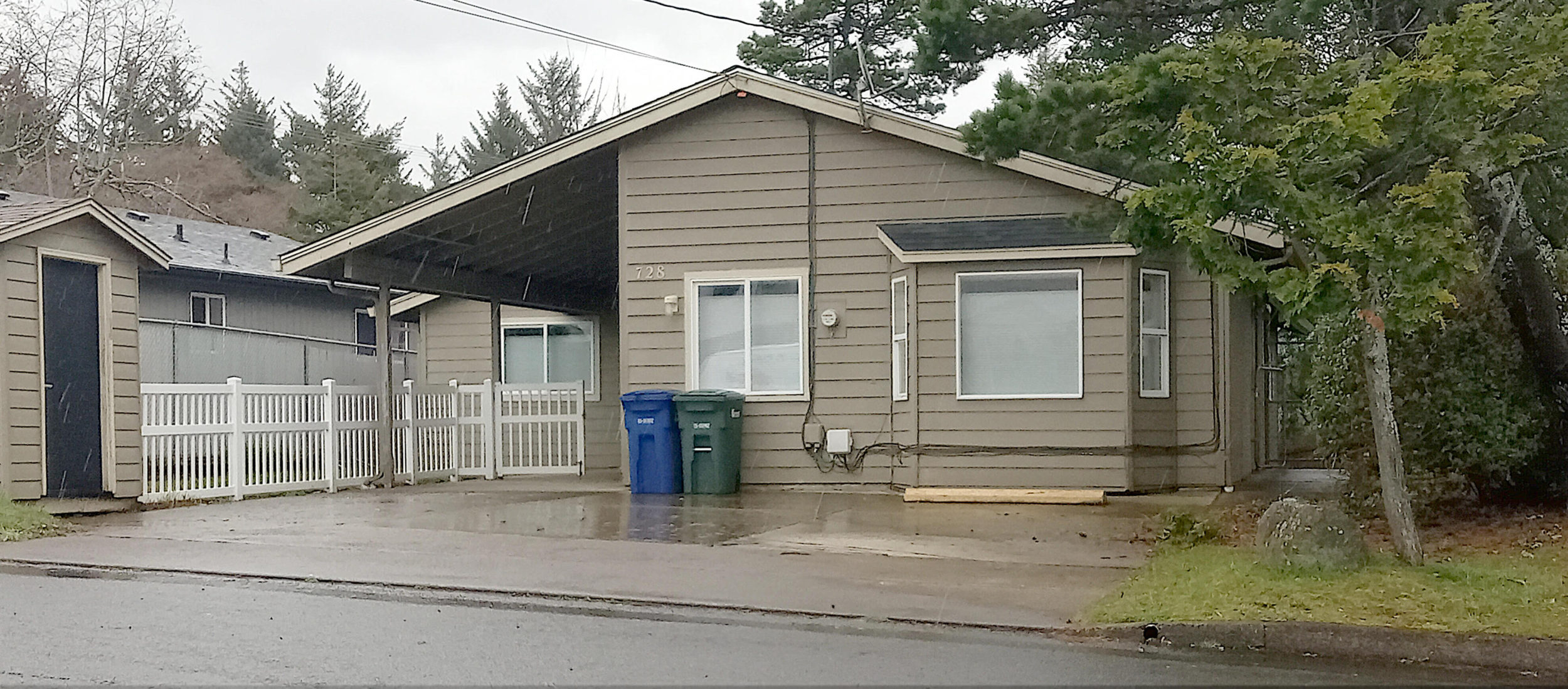
By KENNETH LIPP/YachatsNews
NEWPORT — Lincoln County commissioners gave the nod Wednesday to a budget adjustment for the Health and Human Services Department representing millions in programs for mental health, including dozens of units of new housing.
Health and human services director Jayne Romero and finance director Christine Shearer brought the adjustment to commissioners during their bi-monthly meeting. Shearer noted that such adjustments are common and said it would not be the last commissioners see during the 2022-23 fiscal year that ends June 30.
Romero added that her department is unable to secure its state contracts in advance of submitting a budget and has to estimate those amounts. Wednesday’s adjustment, she said, actually represents a lot of new revenue.

“The mental health budget has increased by over $5.6 million,” Romero said, thanks largely to funding from the Oregon Health Authority.
Of that amount, about $2 million will go to build a 28-unit apartment complex to provide housing for people suffering from a serious mental illness.
An additional $500,000 will go toward opening a crisis stabilization center in a house the department owns on Avery Street in Newport, and there’s more funding that will go toward the county’s harm reduction and substance abuse programs.
Commissioners gave their initial approval for the $5.64 million budget adjustment. The matter will come before the commission for final adoption during its regular meeting April 19.
After the meeting, Romero told YachatsNews that construction of the 28-unit apartment complex in Lincoln City was being undertaken with the Housing Authority of Lincoln County.
They’ve actually received two “pots” of money from the Oregon Health Authority, Romero said, about $2.5 million through an apportionment formula and another $2.7 million from a housing grant. She said the housing authority was also pursuing funding.
“This is really a great thing for us here in Lincoln County,” Romero said. “We only have nine units right now for our whole population.”
Such units are open to people who have a mental illness and do not require day-to-day assistance, as there won’t be any staffing on site.
“A lot of people have a serious mental illness, and they’re able to function independently and manage their own affairs,” she said. “They would typically be people whom we provide case management to, so we would be available, but it’s not a supervised facility.”
Romero did not say when that complex might open.
A new crisis stabilization center, however, could be open by the fall, although Romero noted the department is still designing the program. Part of the process will include notification and discussion with nearby residents.
Crisis stabilization centers provide an alternative to the two typical options for people experiencing a mental health crisis — a hospital emergency room or jail. The center will be staffed 24 hours a day, seven days a week, although clients would not be allowed to remain there longer than 23 hours in a row.
“We still have to figure out what the staffing’s going to look like,” Romero said. “And how it’s going to dovetail with the mandatory 24/7, two-person response team counties are required to have to respond to mental health crisis situations.”
Other funds and programming in the county’s budget adjustment include:
- $90,000 from a nationwide opioid settlement, which the department will use to “fill out our substance use disorder system of care,” Romero said;
- $406,000 in unanticipated Medicaid revenue;
- And $1.1 million in state behavioral health resource network funds, which the county is using to continue and expand its harm reduction program, as well as continue and expand its medication-assisted substance use disorder program.
Romero said a lot of money has come into the county through its participation in both behavioral health resource networks established under Ballot Measure 110 passed by voters in 2020, best known for its decriminalization of small amounts of all controlled substances.
“This is the treatment arm of that legislation,” Romero said.
- Kenneth Lipp is YachatsNews’ full-time reporter and can be reached at KenLipp@YachatsNews.com




















